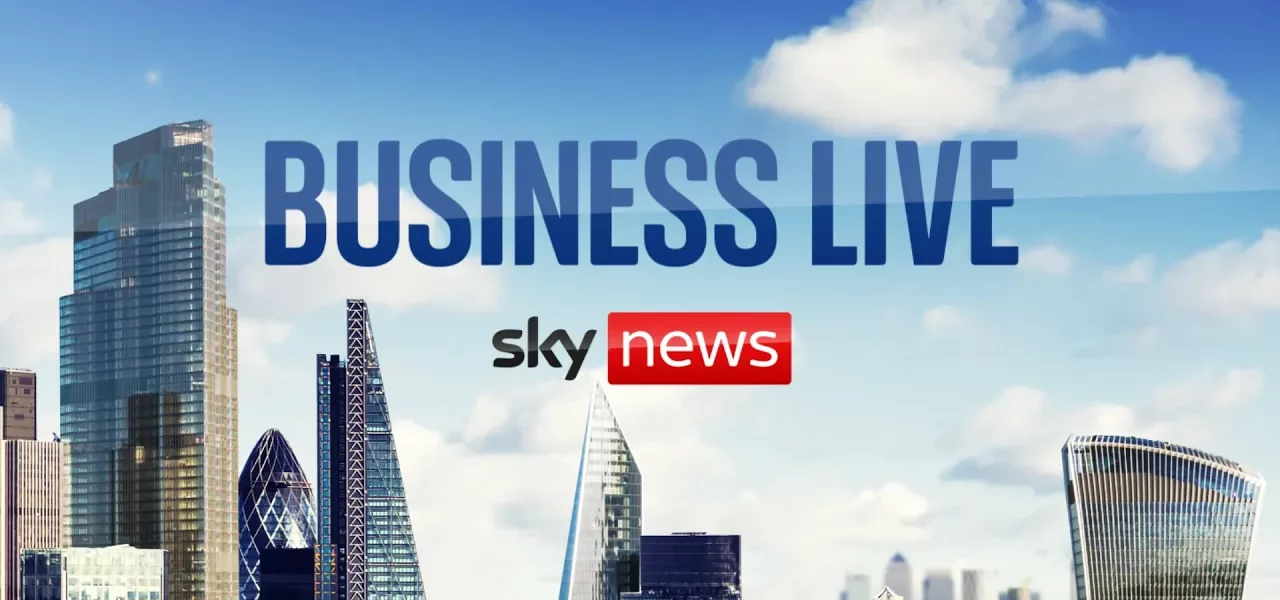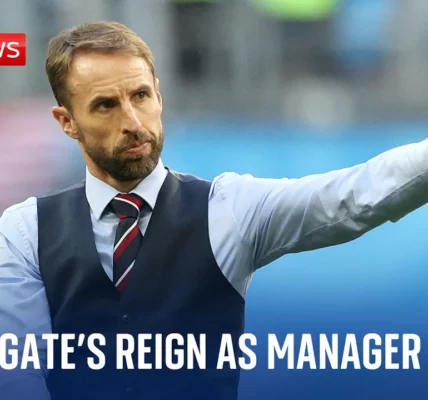The Spectator Sold to Saul Marshall: Insights and Implications

In a significant development within the media landscape, The Spectator has been sold to Saul Marshall, the major shareholder of GB News. This article delves into the implications of this acquisition, featuring insights from Fraser Nelson, the editor of The Spectator, and exploring the broader context of media ownership and editorial independence.
Introduction to the Acquisition
The acquisition of The Spectator by Saul Marshall marks a pivotal moment in British media, particularly as it follows a year-long battle involving parliamentary debates and legislative changes aimed at preventing foreign takeovers. The transaction, valued at £100 million, not only adds a historic title to Marshall’s expanding media empire but also poses questions regarding the future direction of the publication and its influence on British politics.
The Details of the Sale
The sale of The Spectator, a publication with 196 years of history, to Saul Marshall has generated considerable attention. Below are some key points regarding the transaction:
- Sale Price: The magazine was sold for £100 million, a substantial increase from its previous valuation of £20 million.
- Ownership Implications: The acquisition positions Marshall to potentially influence the media narrative, especially among right-leaning audiences.
- Market Context: Despite a challenging media landscape, The Spectator has doubled its circulation, highlighting its resilience and growth potential.
Insights from Fraser Nelson, Editor of The Spectator
Fraser Nelson, the editor, shared his thoughts on why Saul Marshall pursued the acquisition:
Growth Potential
Nelson emphasized that Marshall’s investment reflects confidence in The Spectator’s growth trajectory. With a reported profit of over £4 million, the valuation appears generous but justified given the magazine’s performance.
Editorial Independence
Despite the change in ownership, Nelson reassured readers about the editorial independence of The Spectator. He noted that the publication has historically maintained a separation between ownership and editorial direction, a practice that is expected to continue under Marshall’s ownership.
The Broader Media Landscape
The acquisition of The Spectator by Marshall is part of a larger trend in media ownership:
Concentration of Media Ownership
As media ownership consolidates, the implications for editorial independence and diversity of opinion become increasingly significant:
- Ownership can influence the range of voices and perspectives presented in the media.
- The potential for bias exists, depending on the political affiliations of owners.
- Public trust in media may be affected by perceived influences over editorial lines.
Future of The Spectator
Looking ahead, the future of The Spectator will depend on how Marshall balances business interests with the magazine’s established values:
- Ensuring continued growth while maintaining editorial integrity.
- Building upon the magazine’s successful model without imposing drastic changes.
- Engaging with readers to understand their expectations and needs.
Conclusion
The sale of The Spectator to Saul Marshall represents a notable shift in the media landscape, with potential implications for editorial direction and political influence. As this new chapter unfolds, the commitment to maintaining the publication’s independence and growth will be critical. Readers and stakeholders alike will be watching closely to see how this acquisition shapes the future of one of Britain’s oldest magazines. For more updates on media acquisitions and their impacts, stay tuned to our articles.
“`




